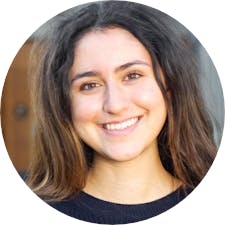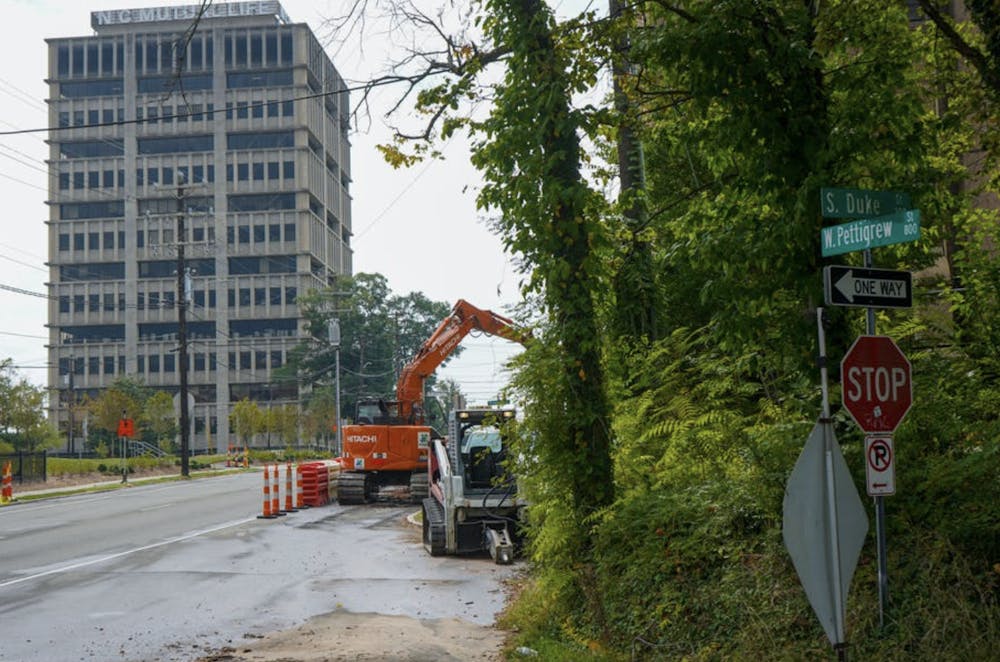More than 100 formerly incarcerated members of the Durham community received a deposit of $500 directly into their bank accounts in March. The money was granted unconditionally—no work requirement or strings attached—and the first of 12 monthly payments were dispensed through the Excel Pilot Program.
Administered through the 501(c)(3) nonprofit StepUp Durham, Excel aims to “strengthen a national value that declares there exists a floor beneath which we will allow no person to fall simply by virtue of their humanity.”
Leaders of the program hope that these payments will curb high recidivism rates—North Carolina’s statewide rates were over 40% less than 10 years ago—by guaranteeing a baseline of economic security.
“We believe a guaranteed income can help ensure a successful transition home by providing a much needed additional source of income to give people time to build a new life and find a new way,” states Durham County’s executive summary of the guaranteed income pilot.
Participants applied and were randomly selected for the program over a five-month period. To qualify, applicants had to be over 18, low-income (making at or less than 60% of Durham’s median income) and had to have been incarcerated within the last five years. One month in, the program has already made a tangible impact in the lives of recipients.
After stumbling upon a promotion for the program while surfing the internet, Torry Cooper, a UBI recipient and Durham resident, picked up a phone call informing him that he won the lottery.
“I just received [the call] by happenstance. I didn't know that number, and I just actually picked it up,” he said. “And it felt pretty good—actually, really good, because I had no job, and I was homeless at the time.”
Cooper described the moment he received his first payment as surreal.
“I didn't think it was real, and then I woke up, and then I saw the money, that it was deposited into my account,” Cooper said. “So I was like, ‘I actually got chosen.’”
Cooper spent his first payment on immediate needs and a place to stay, but he hopes that the approximately $5,000 to $6,000 he will receive over time will add up.
“Hopefully, I will be able to save pretty much the majority of the money into the end of the year and then combine it with some more funds and get me a house,” he said.
Cooper believes that the UBI program is a much-needed stepping stone for low-income, formerly incarcerated people in Durham.
“It’s not that [low-income, formerly incarcerated people] don't have support; it's just they don't know of those types of programs that can support them to getting back,” he said. “If you have programs like this which can contribute, it's kind of like [jumpstarting] their life back to where it was before they got in trouble or had a detriment happen in their life.”
Durham is one of 60 cities in the country participating in some form of guaranteed income program. The results of the program and others like it will be evaluated as proof-of-concept for future universal basic income (UBI) policies, using a wide range of performance indicators, including employment status, income volatility, housing security and mental and physical health.
Beyond these statistical measures, StepUp also plans to administer surveys and interviews to better understand the personal impact of these stipends. Results will be published in spring 2023.
Some members of the Durham community questioned the pilot program’s decision to focus exclusively on the formerly incarcerated. StepUp Durham Executive Director Syretta Hill explained the reasoning behind this choice in a December interview with The Chronicle.
“The hope is we can push against this stigma that individuals who are formerly incarcerated are not motivated and don’t know how to use their resources. We found out that many of the folks we work with are highly motivated and they know how to use their resources, they just don’t have enough of them,” she said.
Get The Chronicle straight to your inbox
Sign up for our weekly newsletter. Cancel at any time.

Sevana Wenn is a Trinity sophomore and features managing editor of The Chronicle's 118th volume.

Audrey Wang is a Trinity senior and data editor of The Chronicle's 120th volume. She was previously editor-in-chief for Volume 119.

